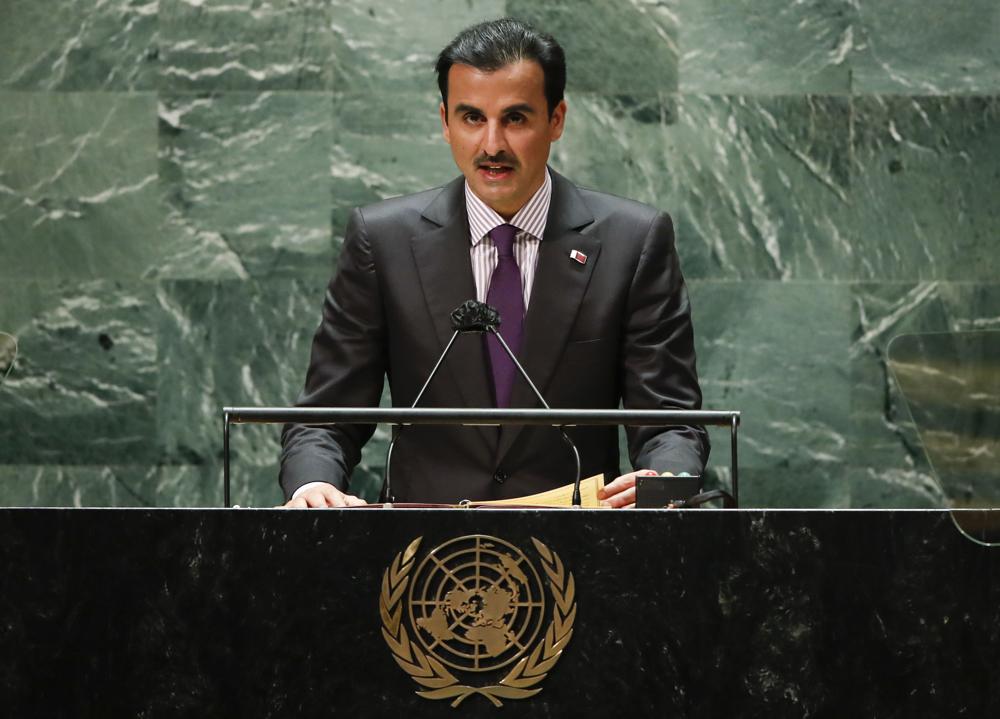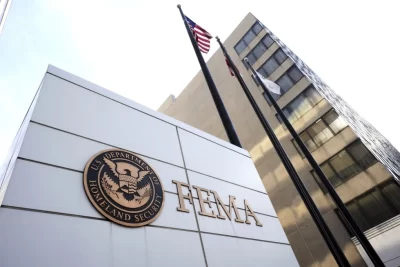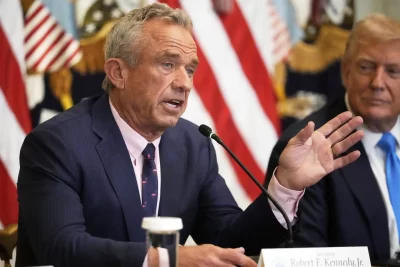
WASHINGTON — President Joe Biden is hosting the ruling leader of Qatar at the White House on Monday as he looks for the gas-rich nation to step up once again to help the West as it faces the prospect of a European energy crunch if Russia invades Ukraine.
Qatar played a central role in aiding last summer’s U.S. military evacuations of Afghan helpers and U.S. citizen in Afghanistan, hosts the biggest American air base in the Middle East and served as a go-between with the Taliban for the last three U.S. administrations as they tried to wind down America’s longest war.
Now, with some 100,000 Russian troops massed at the Ukraine border, experts say Qatar — the world’s second-biggest exporter of liquified natural gas, or LNG — is eager to help Biden again but might only be able to offer limited assistance if Russia further disrupts the flow of energy supplies to Europe.
“Qatar sees this as an opportunity to further improve its relationship with the U.S. after Afghanistan,’” said Yesar Al-Maleki, an energy economist at the Middle East Institute in Washington. “But it is going to be very hard to do because there isn’t excess supply.”
Qatar is already producing at full capacity with much of its supply under contract to Asia. Even if some Pacific allies of the U.S. — including India, Japan and South Korea — are persuaded to divert some LNG orders it has contracted to Europe, it will only have a small impact in softening the blow, according to energy analysts.
The White House said that Biden and Qatar’s ruling emir, Tamim bin Hamad Al Thani, would also use Monday’s meeting to discuss Middle East security and the situation in Afghanistan, where humanitarian conditions have deteriorated in the aftermath of last year’s U.S. military withdrawal and Taliban takeover. The leaders are also expected to discuss the status of U.S. efforts to resurrect the 2015 Iran nuclear deal.
But efforts to draw contingency plans should Russia move to cut Europe from gas supplies is perhaps the most pressing matter on their agenda.
Natural gas future prices surged last week amid growing market fears a potential conflict could disrupt Russian exports transiting through Ukraine to Europe. The crunch has been worsened by Russia, which typically supplies about 40% of Europe’s natural gas supply, reducing its exports by about 25% in the fourth quarter of 2021 compared with the same period in 2020 despite high worldwide prices.
Any Russian invasion into Ukraine would almost surely trigger economic sanctions from the U.S. and its European allies. That could lead to oil and gas shortages around the world and, most likely, higher energy prices that could send tremors through the global economy.




